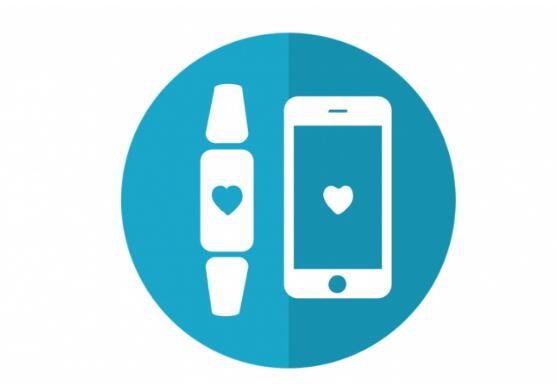



Wearable technologies could help address some of our greatest healthcare unmet needs, says Maria Shepherd of Medi-Vantage. While ¡°wearable medical technology is in its infancy,¡± she says ¡°a survey found that more than 58% of people are willing to wear wearable tech, making wearable technology for healthcare the source of advanced care for patients. Wearables will help patients get health support proactively and improve patient outcomes.¡±
When it comes to fighting cardiovascular disease, Scott Thielman, founder and CTO of Product Creation Studio, sees the benefits wearables could provide. ¡°Invasive procedures do save lives, but also look to influence better lifestyle choices. Apple, Samsung, and Google/Fitbit are already providing ubiquitous wearable platforms for monitoring activity and some parameters; there is an opportunity for the digital health industry to influence and enhance this trend with medical-grade monitoring that informs both care providers and patients in a reimbursable interaction. Real-time feedback helps nudge patients toward healthier choices, but an engaged relationship between the cardiologist can be a life saver.¡±
And while ¡°connected, digital solutions have been seen as risky for many years due to concerns about privacy,¡± says Stephanie Whalen, product development manager at NewDealDesign as well as a mechanical engineering consultant, ¡°due to the large body of work that¡¯s been undergoing in these areas, we¡¯re going to see droves of companies use Bluetooth and other wireless technologies to enter the medical wearable market, for both staff and patient use.¡±